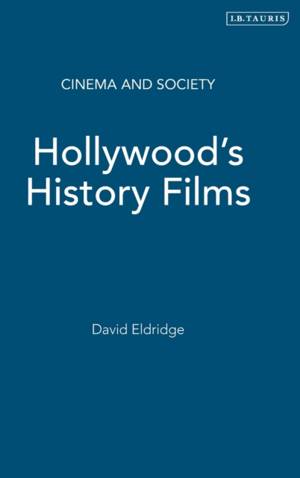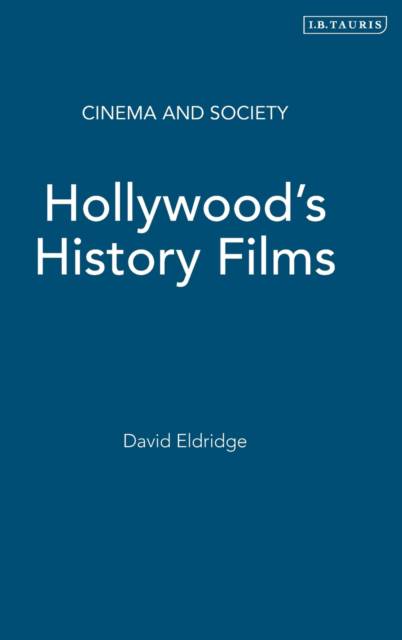
- Afhalen na 1 uur in een winkel met voorraad
- Gratis thuislevering in België vanaf € 30
- Ruim aanbod met 7 miljoen producten
- Afhalen na 1 uur in een winkel met voorraad
- Gratis thuislevering in België vanaf € 30
- Ruim aanbod met 7 miljoen producten
Zoeken
€ 254,45
+ 508 punten
Omschrijving
In a cinema that has presented John Wayne interpreting Genghis Khan as a medieval gunslinger, the idea that Hollywood filmmakers have historical consciousness might seem strange. However, they do and they did and in fascinating ways, which are revealed by David Eldridge in this innovative and detailed analysis of the film industry's use of history. Grounded in exceptional resources and rich in close readings of the films, "Hollywood's History Films" focuses on the Fifties, when Hollywood's interest in the past was at its peak. It reconstructs how filmmakers understood their treatment of the past, suggesting why many of them saw their work as superior to that of professional historians. The book embraces westerns, romances, biblical epics, biopics and the like, exploring the overlapping anxieties that encouraged an unprecedented turn to history, including the Cold War's ever-present nuclear threat, McCarthyism and the industry's fears about a haemorrhaging box-office. In an environment shaped by such tensions, filmmakers were not ignorant of the facts, nor simply exercising dramatic licence.
David Eldridge considers researchers, advisors and outside interference from proponents of particular versions of the past and uncovers the different - and limited - ways in which producers, directors and screenwriters were exposed to historical debates and ideas. Challenging preconceptions, his book helps us to understand just how and why Hollywood blurs the boundaries between fiction and historical reality.
David Eldridge considers researchers, advisors and outside interference from proponents of particular versions of the past and uncovers the different - and limited - ways in which producers, directors and screenwriters were exposed to historical debates and ideas. Challenging preconceptions, his book helps us to understand just how and why Hollywood blurs the boundaries between fiction and historical reality.
Specificaties
Betrokkenen
- Auteur(s):
- Uitgeverij:
Inhoud
- Aantal bladzijden:
- 272
- Taal:
- Engels
- Reeks:
Eigenschappen
- Productcode (EAN):
- 9781845110604
- Verschijningsdatum:
- 28/04/2006
- Uitvoering:
- Hardcover
- Formaat:
- Genaaid
- Afmetingen:
- 161 mm x 236 mm
- Gewicht:
- 548 g

Alleen bij Standaard Boekhandel
+ 508 punten op je klantenkaart van Standaard Boekhandel
Beoordelingen
We publiceren alleen reviews die voldoen aan de voorwaarden voor reviews. Bekijk onze voorwaarden voor reviews.








